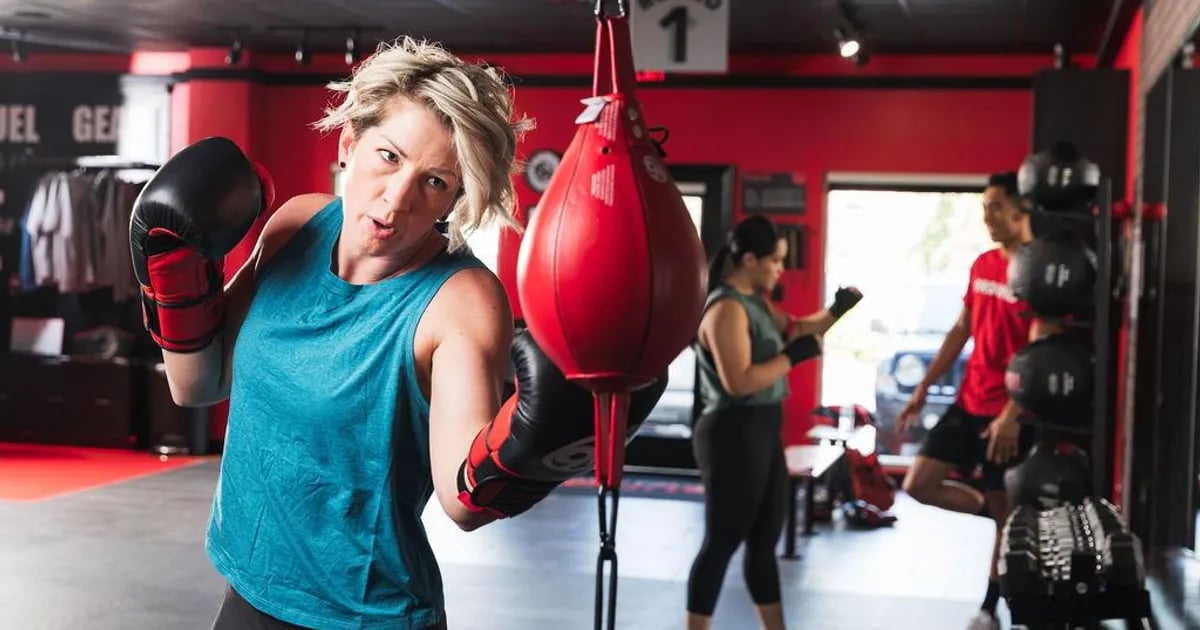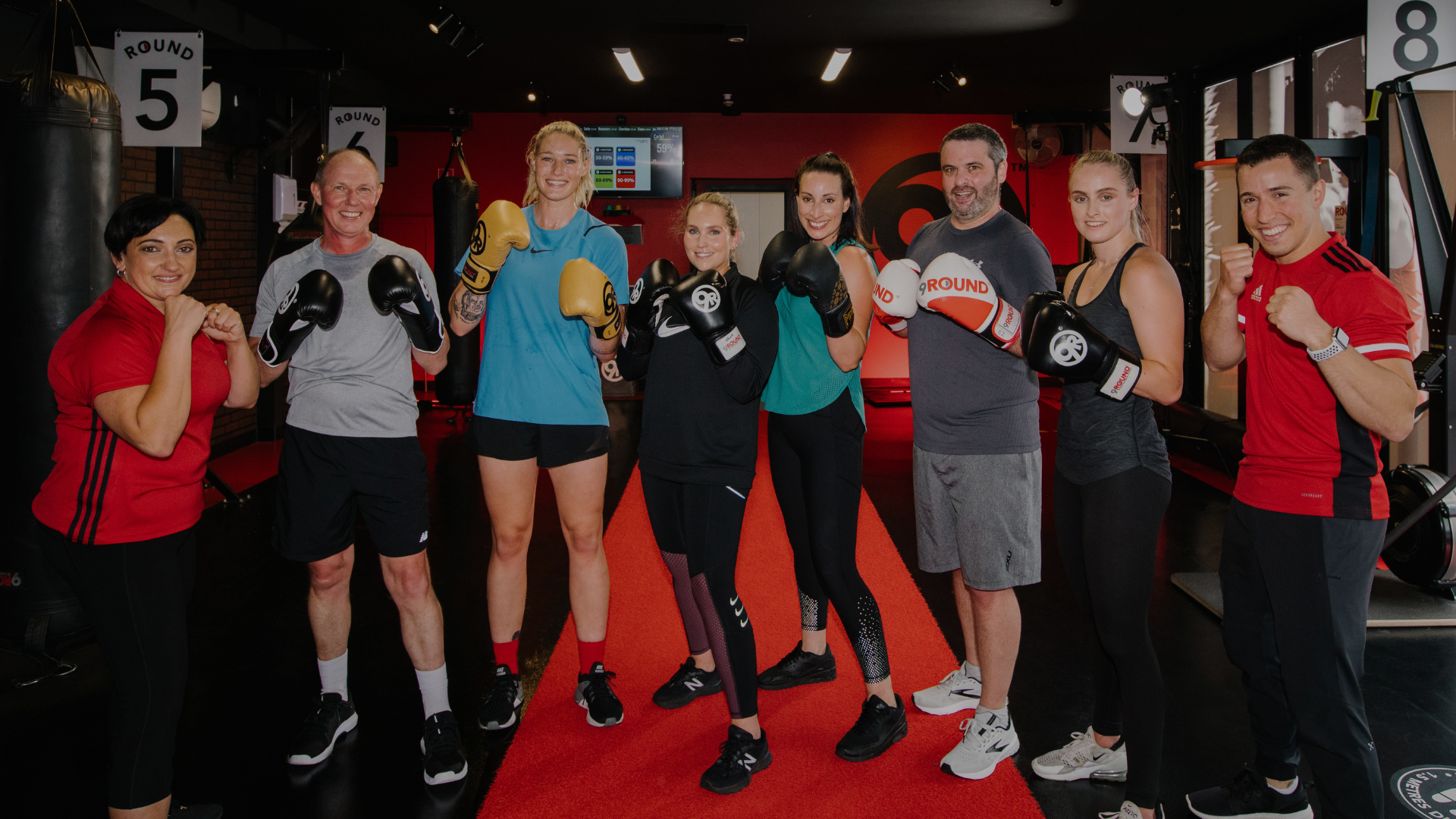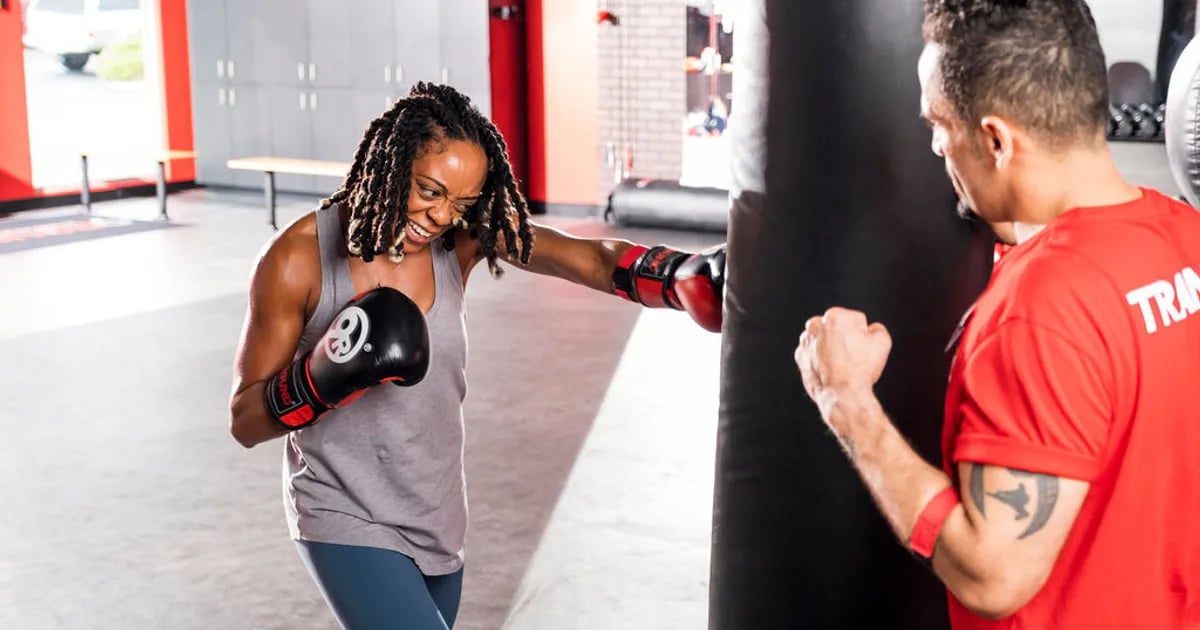Mindfulness training has gained widespread popularity in recent years, with people using techniques to manage mental health conditions and reduce stress. The practice involves being present in the moment and fully focused on the task at hand, instead of worrying about other things in life. Boxing and kickboxing are perfect for mindfulness training, according to sports scientist Dr Luke Del Vecchio.
Engaging in exercises that require skill, coordination, and balance demands high levels of focus, making it an ideal tool for mindfulness training. With boxing and kickboxing, the cognitive demand of learning and mastering different punching and kicking techniques helps to reduce stress, improve mental clarity, aid decision-making, and enhance dual-tasking abilities.
In the early stages of mindfulness practice, the aim is to quiet the mind and focus solely on breathing or something non-judgmental. Similarly, when learning a new combination in kickboxing or boxing, there is a lot of internal dialogue during the cognitive stage, which helps to facilitate mindfulness by removing opportunities for the mind to wander.
As we become more familiar with the activity, we move into the associative stage of learning, where there is less internal dialogue, and the need to consciously instruct ourselves decreases. With further practice, we transition to the autonomous stage, where we can perform the movements without the heavy cognitive load of learning a new skill. This stage is close to physical meditation, where we are fully engaged in the activity, but non-judgmental and critical of ourselves.
In contrast to combat exercise, activities such as running or cycling are quickly mastered, leading to lower attention paid to internal and external cues and leaving the mind more open to distractions. Boxing and kickboxing have a strong focus on external cues from the beginning of a session, directing attention away from internal thoughts.
Research from the Australian Institute of Sport shows that external cues increase focus on the task at hand, resulting in better performance. When coaches give external cues, such as “hit the pad as fast as you can,” it requires full engagement, leading to a genuinely mindful experience.
In conclusion, boxing and kickboxing provide an ideal tool for mindfulness training, thanks to the high cognitive demand, associated mindfulness, and focus on external cues. These activities help to reduce stress, improve mental clarity, aid decision-making, and enhance dual-tasking abilities, making them a perfect match for mindfulness training.



